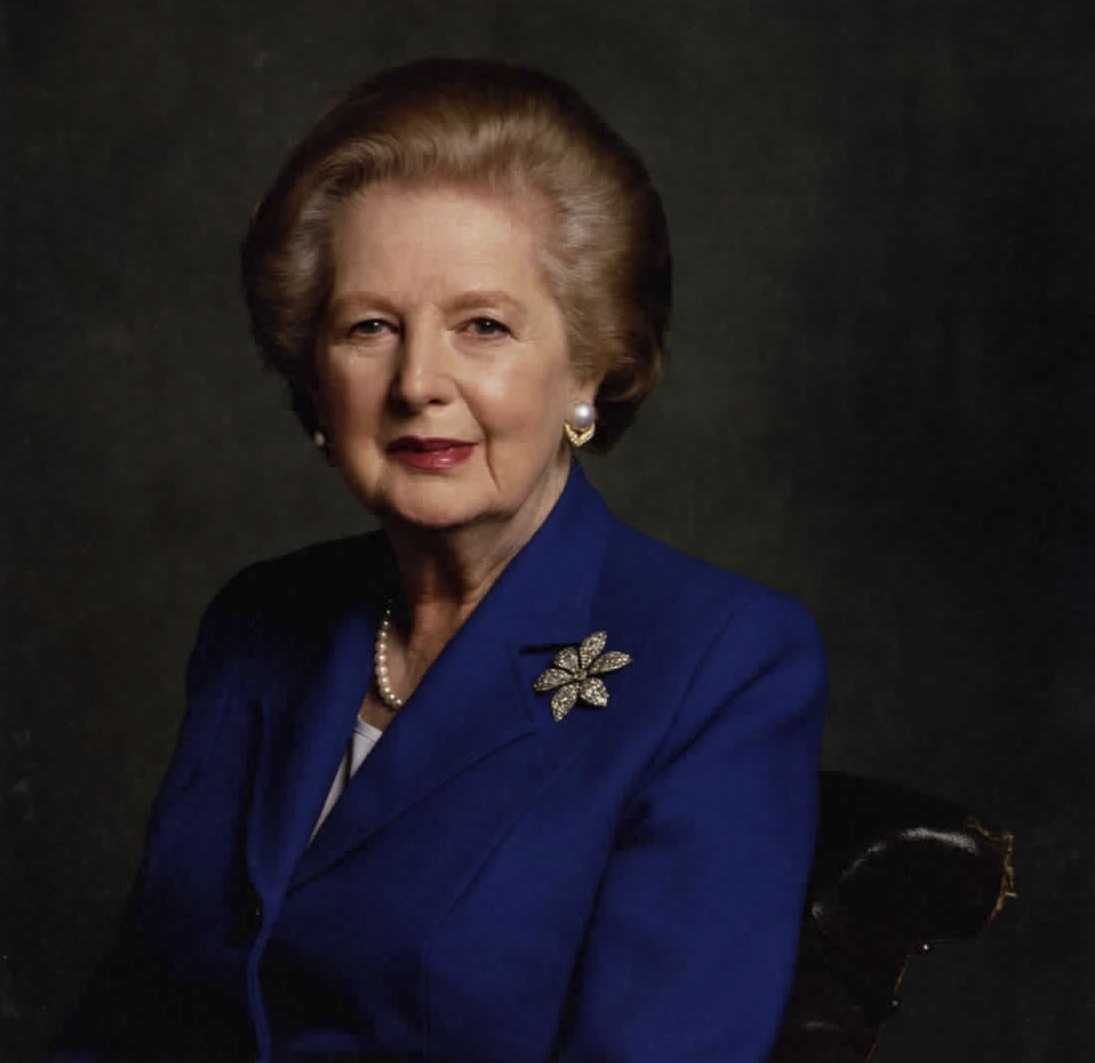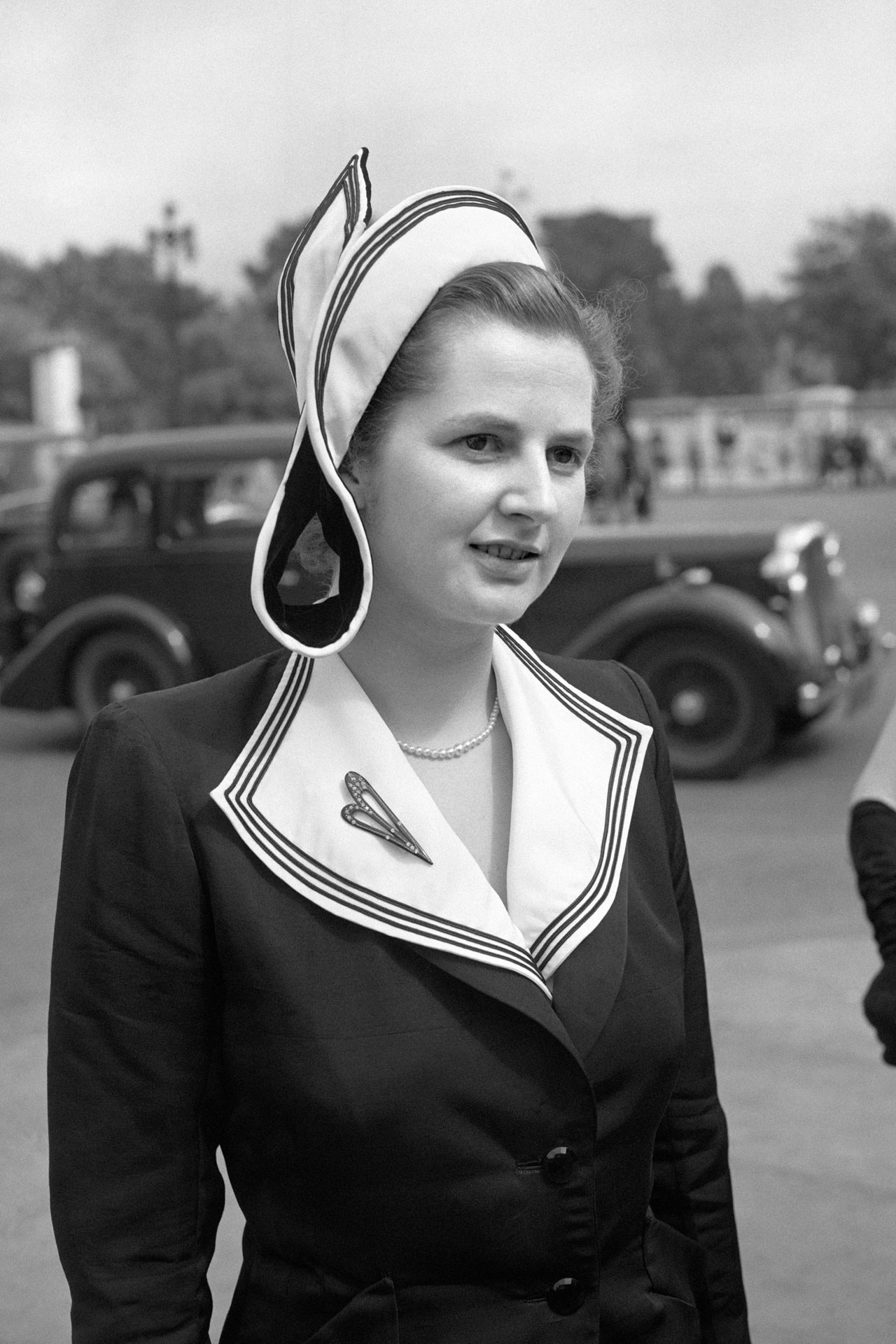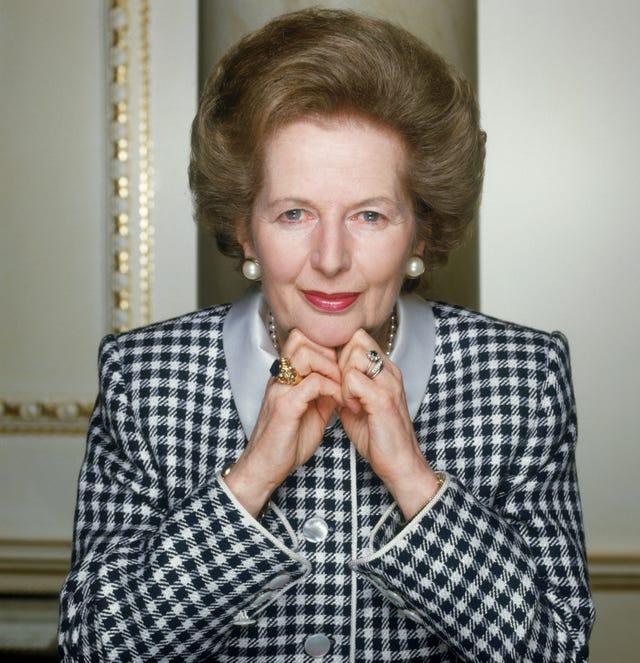Table of Contents
- Margaret Thatcher on long list to be face of new £50 note | London ...
- Margaret Thatcher, British Prime Minister 1979 - 1990
- Margaret Thatcher Sale Christie's - Christie's Auction Of Margaret ...
- Margaret Thatcher Prime Minister
- Britain’s former Prime Minister Margaret Thatcher once refused to share ...
- Margaret Thatcher honored with Nizami Ganjavi award
- Former Prime Minister Margaret Thatcher - White Gunpowder
- Opiniones de Margaret Thatcher
- È morta Margaret Thatcher, la Lady di Ferro aveva 87 anni
- Margaret Thatcher honored with Nizami Ganjavi award

The first female Prime Minister of the United Kingdom, Baroness Thatcher, left an indelible mark on British politics and history. Her tenure, which spanned from 1979 to 1990, was marked by significant economic reforms, a strong stance against communism, and a leadership style that earned her the nickname "The Iron Lady." In this article, we will delve into the life and legacy of Baroness Thatcher, as documented on GOV.UK, and explore her impact on British politics and beyond.


Early Life and Education

Born on October 13, 1925, in Grantham, Lincolnshire, Margaret Hilda Roberts was the daughter of a local grocer. She developed an interest in politics at an early age, influenced by her father's involvement in local politics. Thatcher studied chemistry at the University of Oxford, where she became involved in the Conservative Party and eventually became the president of the Oxford University Conservative Association.

/GettyImages-159763699x-58168b593df78cc2e8d6c42c.png)
Rise to Power

After graduating from Oxford, Thatcher worked as a research chemist before entering politics full-time. She was elected as a Member of Parliament (MP) for Finchley in 1959 and quickly rose through the ranks of the Conservative Party. In 1975, she challenged Edward Heath for the party leadership and won, becoming the first female leader of the Conservative Party.


Prime Ministerial Years
Thatcher's tenure as Prime Minister was marked by significant economic reforms, including the privatization of state-owned industries and the reduction of trade union power. Her government also implemented a series of tax cuts, which helped to stimulate economic growth. Thatcher's strong stance against communism and her support for the United States during the Cold War earned her the respect of world leaders, including President Ronald Reagan.

Key Policies and Legacy
Some of the key policies implemented by Thatcher's government include:
- Privatization: The sale of state-owned industries, such as British Telecom and British Gas, to private companies.
- Trade Union Reform: The introduction of laws to limit the power of trade unions and reduce their ability to strike.
- Tax Cuts: A series of tax cuts, including the reduction of the top rate of income tax from 83% to 40%.
- European Integration: Thatcher's government played a key role in the development of the European Union, including the signing of the Single European Act in 1986.
Baroness Thatcher's legacy is complex and multifaceted. While her economic reforms and strong leadership style earned her many admirers, her policies also had a significant impact on certain sectors of British society. As documented on GOV.UK, Thatcher's government implemented a range of policies that continue to shape British politics and society today. Love her or hate her, Baroness Thatcher remains one of the most significant figures in modern British history, and her impact will continue to be felt for generations to come.
For more information on Baroness Thatcher's life and legacy, visit the GOV.UK website, which provides a wealth of information on British history and politics.